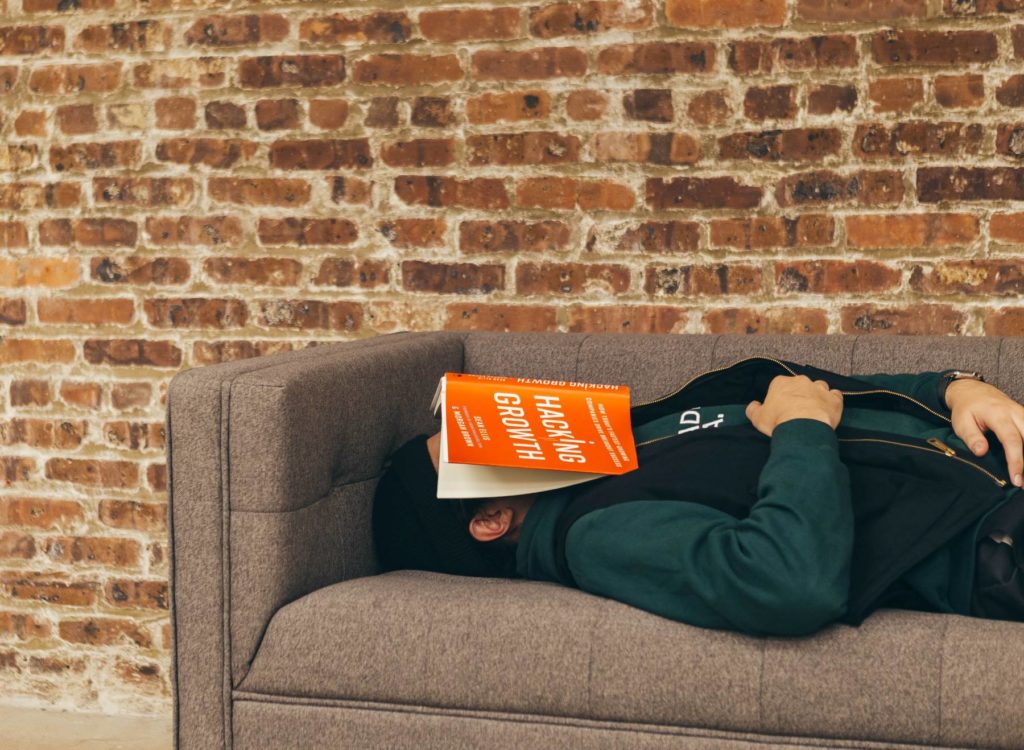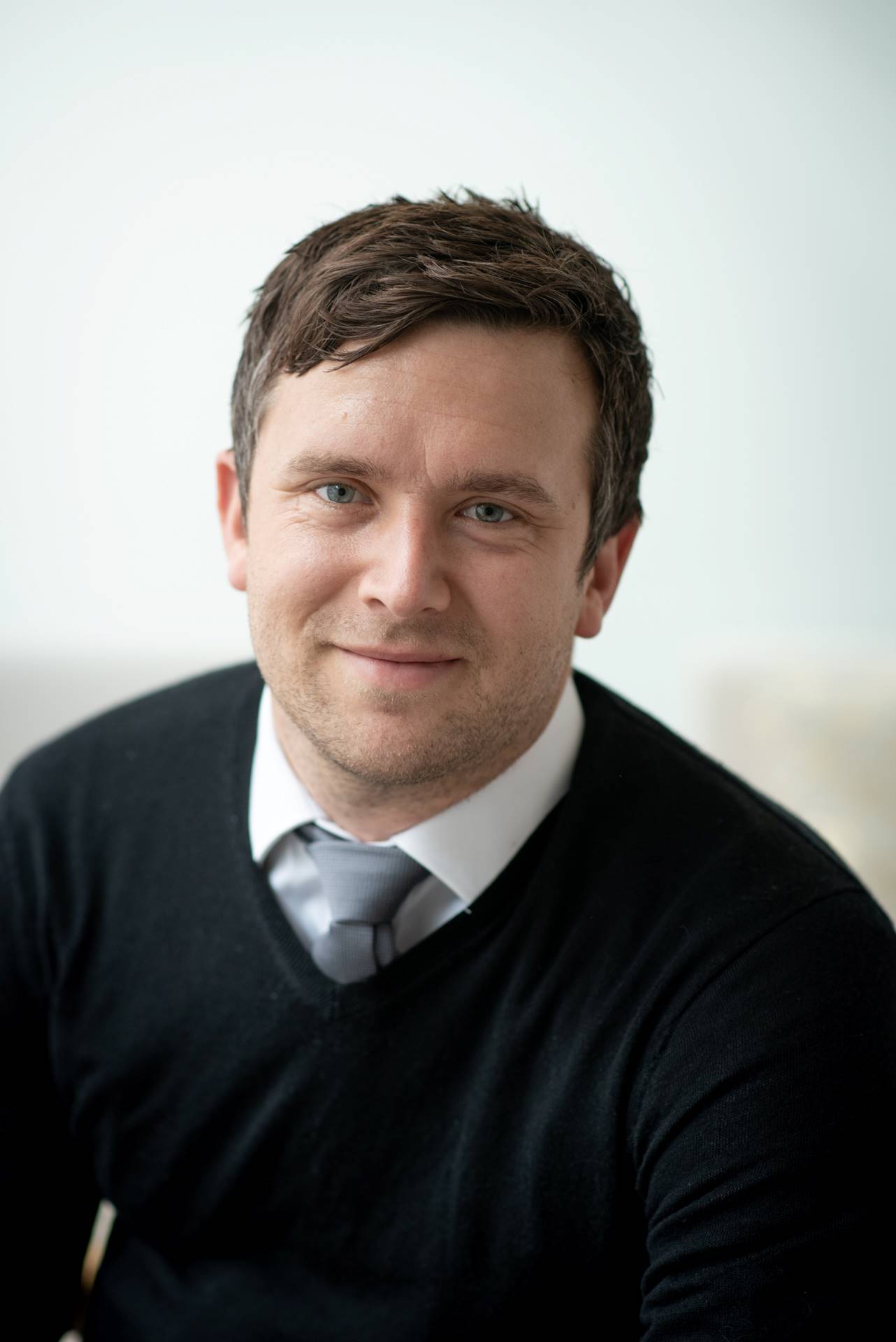There has been a lot of change recently due to the COVID-19 pandemic. Anything that makes our body feel more stressed or our brain more active is generally not helpful for our sleep quality.
Poor sleep is relatively common, even back when Corona was only a brand name. Up to 30% of people struggle with getting to sleep or staying asleep or feeling unrefreshed during the day. If you have these symptoms at least three nights a week for at least a month, you may be one of the 6-10% of the population that meets criteria for Chronic Insomnia.
Fortunately, psychological therapy can help. The American Academy of Sleep Medicine (AASM) now considers Cognitive Behavioural Therapy for Insomnia (CBT-I) to be the first-line treatment for Chronic Insomnia. In other words, the most prominent sleep academy in the US believes that talking with a sleep psychologist is more effective for improving your sleep than taking sleeping pills.
The AASM didn’t make this decision lightly. They looked at the research and noticed that individuals who take sleeping pills do tend to sleep a bit better for about 2-4 weeks. However, once people stop taking sleeping pills, their sleep problems often return and may even worsen over time.
Talking with a psychologist who offers CBT-I is different. They teach you the skills and give you the knowledge and provide the support to help you to make changes in your thinking and behaviours around sleep. If you put these positive changes into place, your sleep can improve as much as it does by taking sleeping pills in the short-term. Better yet, your sleep is less likely to worsen after treatment finishes, with some studies showing improved mood and sleep months or even years later.
CBT-I consists of four main components:
- Psychoeducation around sleep,
- Sleep scheduling,
- Cognitive strategies, and
- Relaxation strategies
The two behavioural interventions with the most evidence behind them which are useful for treating insomnia are known as sleep restriction and stimulus control. These two interventions are both parts of the sleep scheduling component of CBT-I.
To follow sleep restriction instructions:
- Determine how much you are sleeping on average over the past week.
- Add 30 minutes to this average amount and put this as your new time in bed prescription. If your average is below 5 hours per night, set your time in bed prescription to 5 hours and 30 minutes per night.
- Determine which time you would like to wake up each morning, seven days a week. Set the alarm on your phone or alarm clock for this wake time.
- Deduct your time in bed prescription from your wake time. The time that you land on will be your new bedtime. Say that you have been sleeping 6.5 hours per night and want to wake up at 6 am every day. Adding 30 minutes will put your time in bed prescription at 7 hours, and 6 am minus 7 hours is 11 pm. Try to go to bed around this time each night for the next week if you can.
- Track your sleep efficiency over the next week. Your sleep efficiency is the percentage of time in bed you spend asleep. If you are in bed for 7 hours and sleeping 6.5 hours still for the following week, your sleep efficiency is nearly 93%. If it is 6 hours, then 6/7 = 86%. If you are only sleeping 5 hours, it would be 5/7 = 71%.
- If your sleep efficiency is below 85%, you are probably still spending too long in bed. Decrease your time in bed the next week by a further 15 minutes per night.
- If your sleep efficiency is between 85-90%, you are probably in bed for the right amount of time. Keep it as it is for the next week.
- If your sleep efficiency is over 90%, you are not spending enough time in bed. Increase your time in bed by 15-30 minutes next week.
- Keep tracking your sleep duration and efficiency and modifying your amount of time in bed until you are consistently asleep for 85-90% of the night.
To follow stimulus control instructions:
- Only go to bed once you are feeling sleepy.
- Try not to do anything in bed, apart from sleep and sex.
- If you can’t fall asleep within about 20 minutes, get up or sit up, do something relaxing until you feel sleepy again, then lay back down in bed.
- Repeat step 3 as many times as necessary throughout the night.
- Set your alarm and wake up at the same time each day, even on weekends.
- Do not nap for longer than 30 minutes during the day.
- Keep this up until you have reconditioned the bed and bedroom with feeling sleepy and sleeping well instead of feeling alert, worried, frustrated and awake.
SLEEP DURING COVID-19
Looking at what is happening with COVID-19, I wonder if people are:
- Spending more time in bed than they need to sleep?
- Spending more time in bed than they usually do?
- Using the bed or bedroom to eat, read, study, watch TV, play on the computer, etc.?
- Waking up at all different times from day-to-day?
- Drinking more caffeine or alcohol than usual?
- Feeling more stressed than usual?
- Feeling more worried about their finances than usual?
- Feeling more worried about their health or the health of their loved ones?
- Spending more time on bright screens, especially in the evenings?
- Isolating themselves more than usual?
- Not exercising or being as active as usual?
- Watching anxiety-provoking things in the evening (news bulletins)?
- Not getting much sunlight during the day, especially the mornings?
- Feeling sad or hopeless about things now or in the future?
- Worrying about things that are out of their control?
All of these symptoms are things that could potentially be making your sleep worse at the moment. If you can identify with any of the above items, it is worth getting some extra support. You could try stimulus control or sleep restriction at home first to see if they can assist you. You could also book in for a session with one of our psychologists at the Centre for Clinical Psychology in Carlton. We wish you all the best during this uncertain and challenging time and are here to provide additional expertise and support if you need it.



